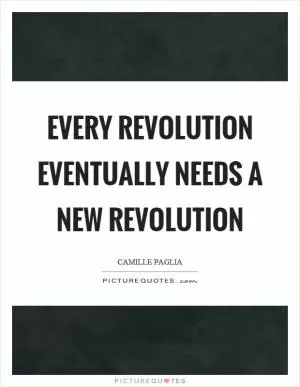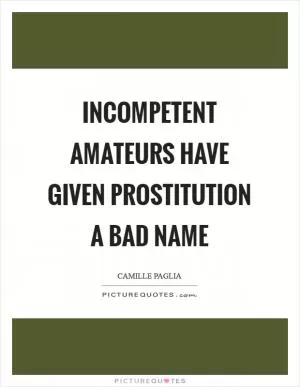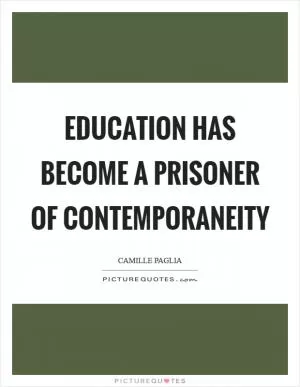You have to accept the fact that part of the sizzle of sex comes from the danger of sex. You can be overpowered

You have to accept the fact that part of the sizzle of sex comes from the danger of sex. You can be overpowered
Camille Paglia, a renowned cultural critic and feminist scholar, has often explored the complex and controversial intersections of sex, power, and danger in her work. In her writings, Paglia challenges conventional notions of sexuality and gender roles, arguing that the allure of sex is inextricably linked to the inherent risks and vulnerabilities that come with it. One of Paglia's most provocative statements on this topic is the idea that part of the "sizzle" of sex comes from the danger of sex, and the potential for being overpowered.Paglia's assertion that the danger of sex adds to its excitement and appeal may seem controversial or even unsettling to some, but it speaks to a deeper truth about the complexities of human desire and the ways in which power dynamics can shape our sexual experiences. In a world where sexual violence and exploitation are all too common, Paglia's words serve as a reminder of the darker, more primal aspects of human sexuality that are often overlooked or ignored.
For Paglia, the idea of being overpowered in a sexual context is not necessarily negative or oppressive, but rather a reflection of the raw, instinctual nature of desire. In her view, the thrill of sex lies in its unpredictability and the potential for losing control, both physically and emotionally. This perspective challenges traditional feminist critiques of power imbalances in sexual relationships, suggesting that there is a certain erotic charge that comes from surrendering to another person's dominance.
However, it is important to note that Paglia's views on sex and power are not without controversy. Critics have accused her of romanticizing or even condoning violence and exploitation in the name of sexual liberation. Paglia's provocative statements have sparked heated debates within feminist circles and beyond, with some arguing that her ideas are dangerous and irresponsible.
Ultimately, Paglia's exploration of the connection between sex, power, and danger forces us to confront the uncomfortable truths about human sexuality and the ways in which power dynamics shape our intimate relationships. While her views may be challenging and controversial, they serve as a reminder that the complexities of desire cannot be easily reduced to simplistic notions of right and wrong. In the end, Paglia's words compel us to think critically about the nature of sex and power, and the ways in which they intersect in our lives.












 Friendship Quotes
Friendship Quotes Love Quotes
Love Quotes Life Quotes
Life Quotes Funny Quotes
Funny Quotes Motivational Quotes
Motivational Quotes Inspirational Quotes
Inspirational Quotes